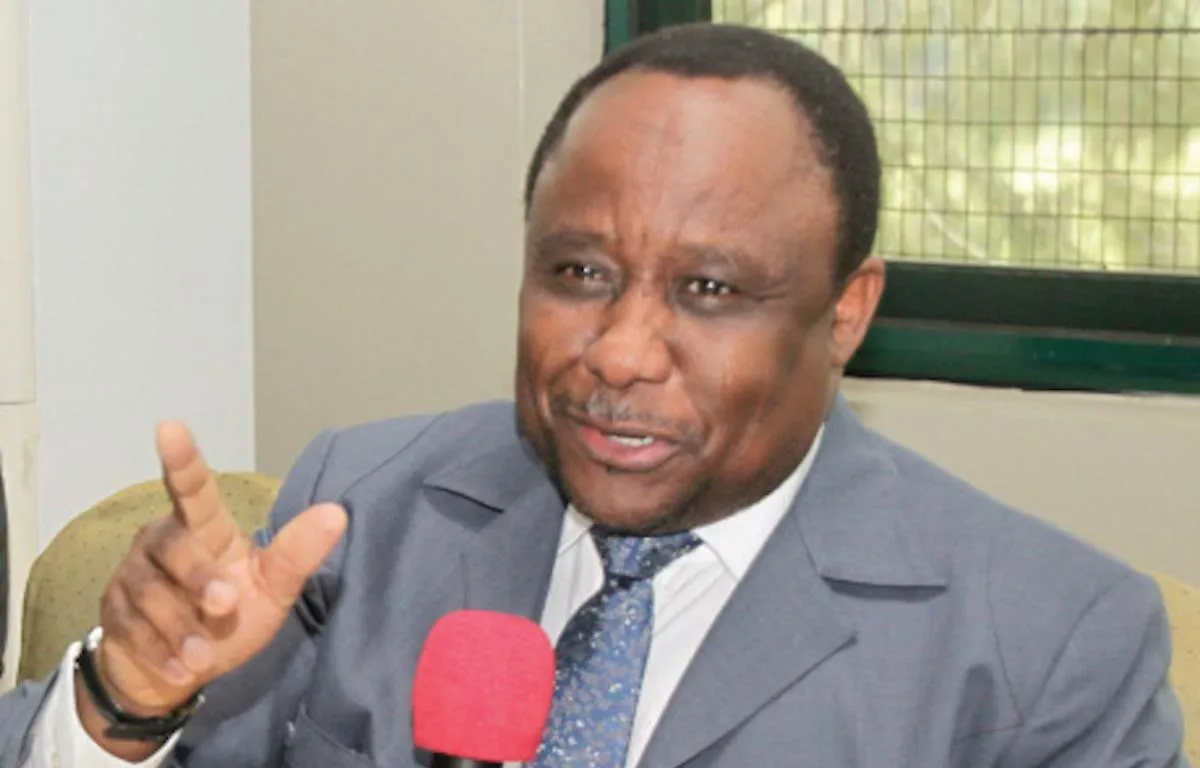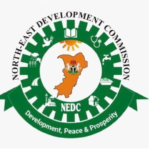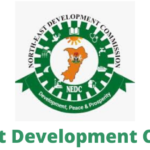The North East Development Commission (NEDC) has launched the North East Stabilisation and Development Master Plan (NESDMP) to revive economic activities in the region.
Speaking at the validation meeting of the master plan Thursday in Abuja, the Managing Director of NEDC, Mohammed G. Alkali, said the plan was necessitated by the NEDC Act that required the commission to “develop a master plan based on the needs assessment of the zone.”
- Police kill 2 kidnappers, rescue 3 victims in Bauchi
- It’s time we all come together to address the global food crisis
Consequently, the commission had engaged stakeholders and conducted study in 121 local governments in the six states in the zone to identify interventions that would revive activities.
Alkali said the master plan contains over 500 programmes and schemes that would promote and facilitate the physical and socio-economic development of the zone to be implemented in 10 years (2020-2030).
“Its implementation is in four phases; Recovery & Stabilisation (2020-2021), Renewal (2022 – 2023), Expansion (2024 – 2025) and Sustainable Growth (2026 – 2030).
“It consists of 11 pillars and the cost of implementation is forecasted at N31.05 trillion, about $80 billion, substantially coming from the private Sector.”
In his remarks, the governor of Borno State, Prof. Babagana Zulum, urged the commission to communicate on interventions it is carrying out in the region with their state governments to avoid repetition of activities.
While stating that the commission must avoid all forms of political pressure in carrying out its duties, he said efforts should be directed to “major highways linking state capitals and other national and international borders; rail networks linking state capitals and other industrial Gas pipelines.”
He also urged the commission to keep an eye on opportunities for partnerships with the private sector to invest in manufacturing and industries that would create jobs and spur growth.
On his part, the Secretary to the Government of the Federation, Boss Mustapha, urged stakeholders to invest in the region as it was witnessing improved security and gradually returning to sustainable peace and stability.

 Join Daily Trust WhatsApp Community For Quick Access To News and Happenings Around You.
Join Daily Trust WhatsApp Community For Quick Access To News and Happenings Around You.

